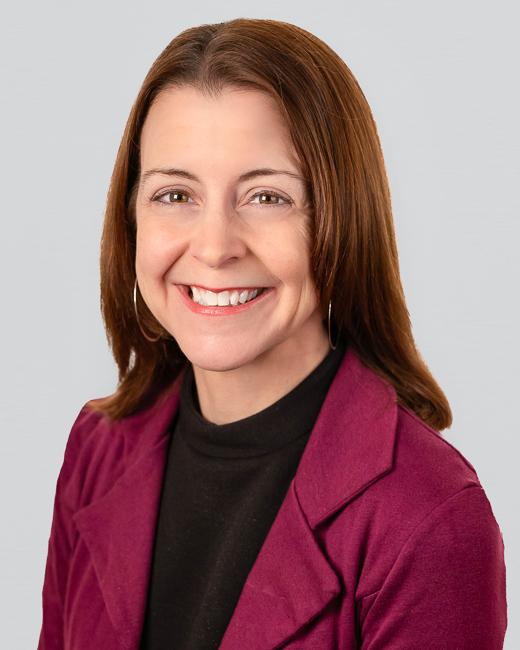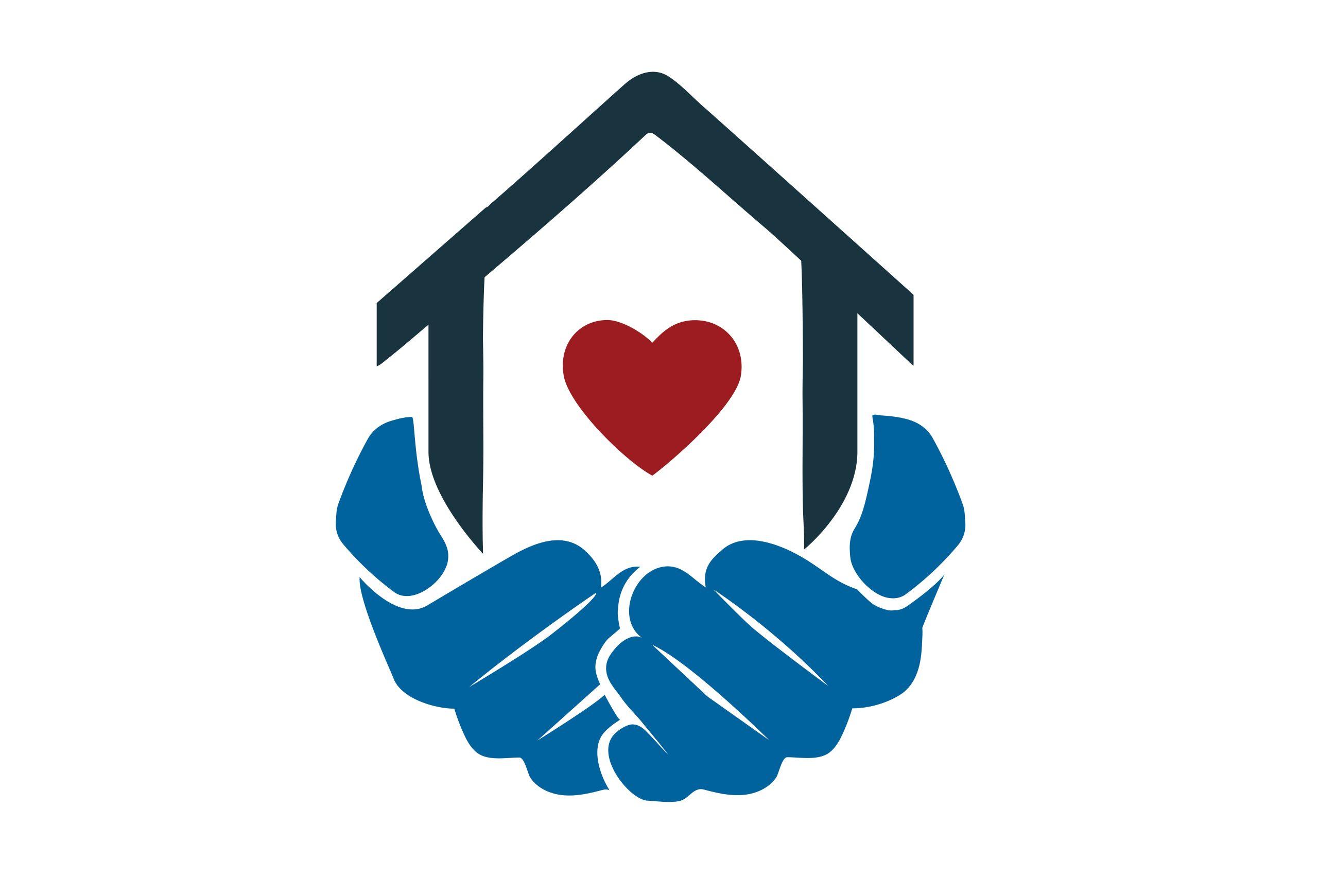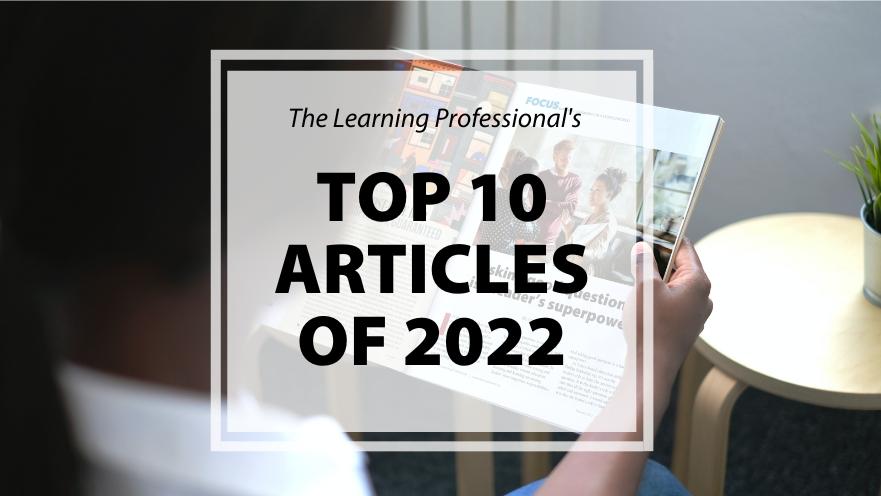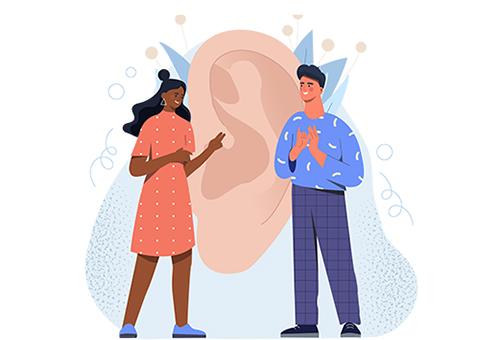
Suzanne Bouffard
Senior Vice President, Communications & Publications
Suzanne Bouffard is senior vice president of communications and publications at Learning Forward. She is the editor of The Learning Professional, Learning Forward’s flagship publication. She also contributes to the Learning Forward blog and webinars. With a background in child development, she has a passion for making research and best practices accessible to educators, policymakers, and families. She has written for many national publications including The New York Times and the Atlantic, and previously worked as a writer and researcher at the Harvard Graduate School of Education. She has a Ph.D. in developmental psychology from Duke University and a B.A. from Wesleyan University. She loves working with authors to help them develop their ideas and voices for publication.
All Articles
-
Connecting across grades helps teachers close student learning gaps
To accelerate learning with just-in-time support, educators need a set of skills and knowledge about the continuum of student learning and development over time. Vertical alignment of concepts and skills across grade levels is one way to develop that knowledge base and determine what students know, what they have already […] -
How sharing stories of progress helps move us forward
We all know that change takes time, but do schools have that time? With students and schools facing urgent, widespread challenges, it can feel like the pace of many improvement approaches is simply too slow. And yet, it’s clear we get nowhere when we take a scattershot approach to teaching […] -
Learning together is the best way forward
“Improving together” is a fitting description not only for this issue, but for everything we strive to do in The Learning Professional and at our parent organization, Learning Forward. We are dedicated to continuous improvement in teaching, leading, and learning because when educators learn and grow, students learn and grow, […] -
Educator retention is about caring for those who care for others
This month, The Learning Professional looks at the issue of educator retention from a systemic perspective, asking: What support do educators at all levels need to be satisfied, strong, and successful for the long term? Along with compensation, respect, and other important factors, we know that professional learning and support […] -
Advocacy and agency: Building your storytelling skills
Have you ever had a great idea or a critical need and no one seems to be listening? You are not alone, but you do have the power to change your influence. Every educator needs to have strong storytelling in their repertoire. Whether it is advocating for one of your […] -
The Learning Professional's top 10 articles of 2022
What professional learning topics resonated most with you in 2022? If you’re like many readers of The Learning Professional, building collaboration in divisive times and implementing revised Standards for Professional Learning are on your list. Half of this year’s 10 most-read articles were published in the February issue on the […] -
Listening is a powerful tool to disrupt inequity
As you read the articles in this issue, it is my hope that you will not think of this as an “equity issue” of the journal. That’s because equity is embedded in every issue of The Learning Professional. According to columnist Baruti Kafele, equity means meeting every student where they […] -
Charting a course through turbulence
Educators often feel pulled in multiple directions, but for many, that feeling is especially acute right now. Navigating schools’ competing priorities, students’ increasing needs, and intense public pressures can feel like trying to travel across the cover of this issue — on winding roads, with confusing signs and no clear […] -
Educators value social and emotional skills. Here’s how to build them
Most educators believe that social and emotional learning (SEL) skills are a fundamental part of good teaching and learning (Education Week, n.d.; Hamilton et al., 2019) because they help children and adults set and reach goals, navigate their environments, and thrive in community. SEL includes skills such as paying attention, […] -
Here's what The Learning Professional will focus on in 2023
Each year, The Learning Professional team announces a slate of themes for the following year’s issues. We consider the field’s pressing needs, members’ roles and interests, and emerging research. We also look for areas where our staff and readers have unique insights to share. The Learning Professional themes speak to […]











